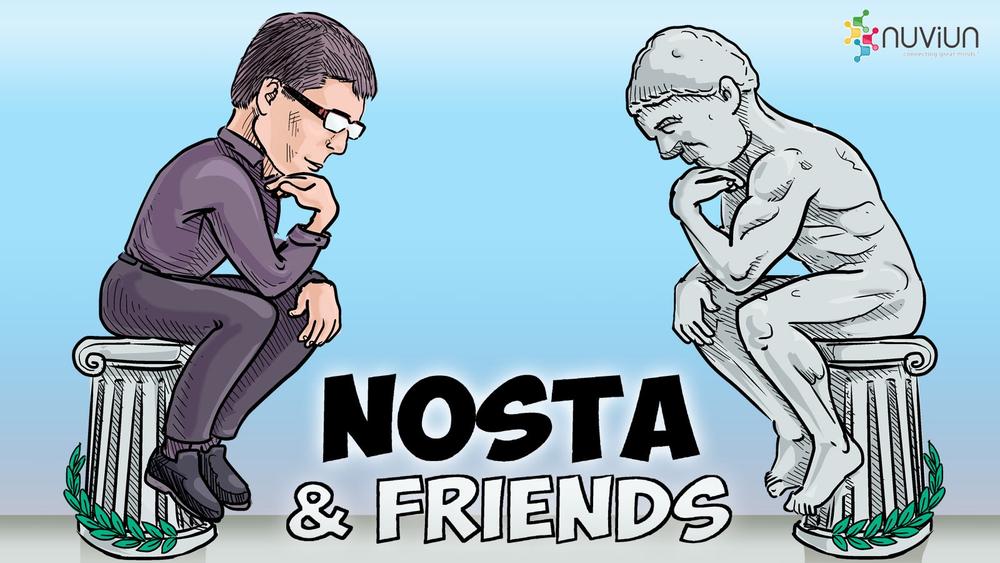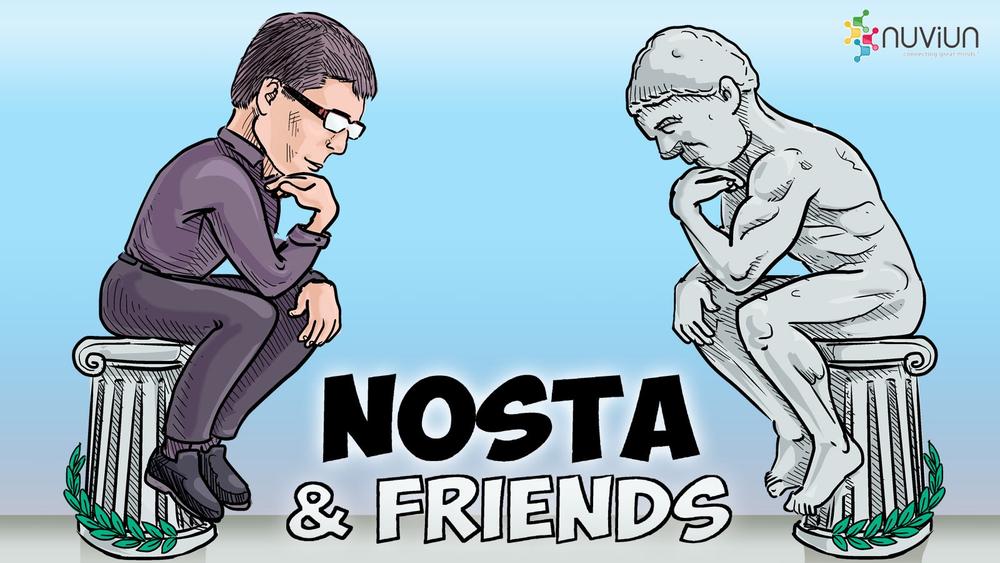The expanding landscape of digital health accelerators will require an expanding landscape of administrators and leaders to help—hand in hand—drive this movement forward.
Blink and another digital health accelerator comes into existence. From garages to the corporate world, the digital health space is ripe for everything from innovation to exploitation. And while I’m a big fan of the accelerator and the collaboratory, I’m beginning to sense something that I’ve seen very often on the traditional pharma side of business—where the example comes from clinical trials.
One of the single biggest challenges in these trials is the ability to find the right patients—the ability to match the trial enrollment criteria with just the right patient type. It’s often a struggle and the trials themselves often suffer and potentially fail right out of the gate. The role of clinical trials has even become a tactic in a company’s ability to partner with thought-leaders and “lock down” key thinkers.
Talent to task
As each day seems to bring along a new digital health accelerator and incubator, I wonder if the fragile process that is fundamental to the task will be stifled by a lack of talent. Not a lack of talent on the innovation side—but a lack of talent to guide, mentor, nurture and foster the complicated aspects of typical accelerators and the digital health movement. The expanding landscape of accelerators will require an expanding landscape of administrators and leaders to help—hand in hand—drive this movement forward.
My good friend Michael Bidu, the Founder and CEO of Sanotron—Canada's digital health tech accelerator, a not-for-profit centre of innovation designed to make healthcare better through bottom-up innovation, customer-centric solutions and public private partnerships—puts it this way:
Yes, it is an interesting dilemma. In the US the market has spoken: accelerators are an acceptable solution. The RIGHT talent to support innovators is very scarce, and potentially very valuable. I say potentially because if that talent is not to be found and 'extracted' the right way, that talent is worth zero.
Old school, stodgy folks (or pharma executives who have no clue about digital health innovation) will attract tier 2 or tier 3 innovators who will build some kind of sustainable innovation that will just prolong life for the status quo.
So how do we drive real innovation in digital health? It comes down to matching talent with task. And digital health is comprised of a complex set of skills that requires support beyond the standard administrative care. Today’s dilemma isn’t just about quantity—but quality.
As accelerators are formed from various sources that include finance and pharma, the measure of success will be a function of the core idea and also the execution. And as I’ve said in the past, a brilliant idea that fails to successfully make it’s way to market is a bit like winking in the dark. You know you’re doing it, but no one else does!
Evolve or die
Those aren’t my words—they belong to the insightful and brilliant Lisa Suennun. In a recent post, Suennun sent up a warning flare.
As the Accelerator world begins to mature, one can also now see the early signs of evolution similar to those that Darwin observed when looking at various forms of sea life way back in his day. Darwin noted that as species evolve, they must specialize and change or risk death, and we are seeing this very same thing play out on the Accelerator front. Given what I have seen in my recent travels, here is what I know for sure: if Darwin were alive today, there would probably be an Accelerator forming on The Beagle.
So, the robust future of digital health and accelerators may have a few bumps in the road on the path to fame and fortune.
Opportunities abound
And while survival might be a new trend in the accelerator world, the opportunity to thrive is another. David Shaywitz, in his Forbes column, suggests that new opportunities for digital healthcare journalists abound.
The prominent ascent of digital healthcare journalism reflects as much as anything else the ability, in the current media ecosystem, to identify talented emerging writers and match them with consumer segments interested in their voice and perspective, representing a win for talented journalists — assuming the clicks can be monetized — and for readers, or at least those willing and able to pay for some of these costly offerings.
And I think this is also the case for many marketers, strategists, and brand managers who want or need to re-invent themselves in the context of innovation and digital health. The prominent ascent of digital healthcare offers a staircase for many to advance their careers and embrace what many believe is the new era of human health. The issue is fundamental: supply and demand.
There is tremendous progress being made in this space. And growth can often be accompanied by growing pains. Digital health is no exception. The brilliance of science and technology that defines digital health is just part of the process. And while it tends to define this area, I remain concerned that some bold ideas will wither and die as the lone voice of innovation fails to be heard by the bean counters and paper pushers that are becoming a functional reality (and necessity) in the accelerator movement.
The nuviun blog is intended to contribute to discussion and stimulate debate on important issues in global digital health. The views are solely those of the author.
Log in or register for FREE for full access to ALL site features
As a member of the nuviun community, you can benefit from:
- 24/7 unlimited access to the content library
- Full access to the company and people directories
- Unlimited discussion and commenting privileges
- Your own searchable professional profile









.jpg)
